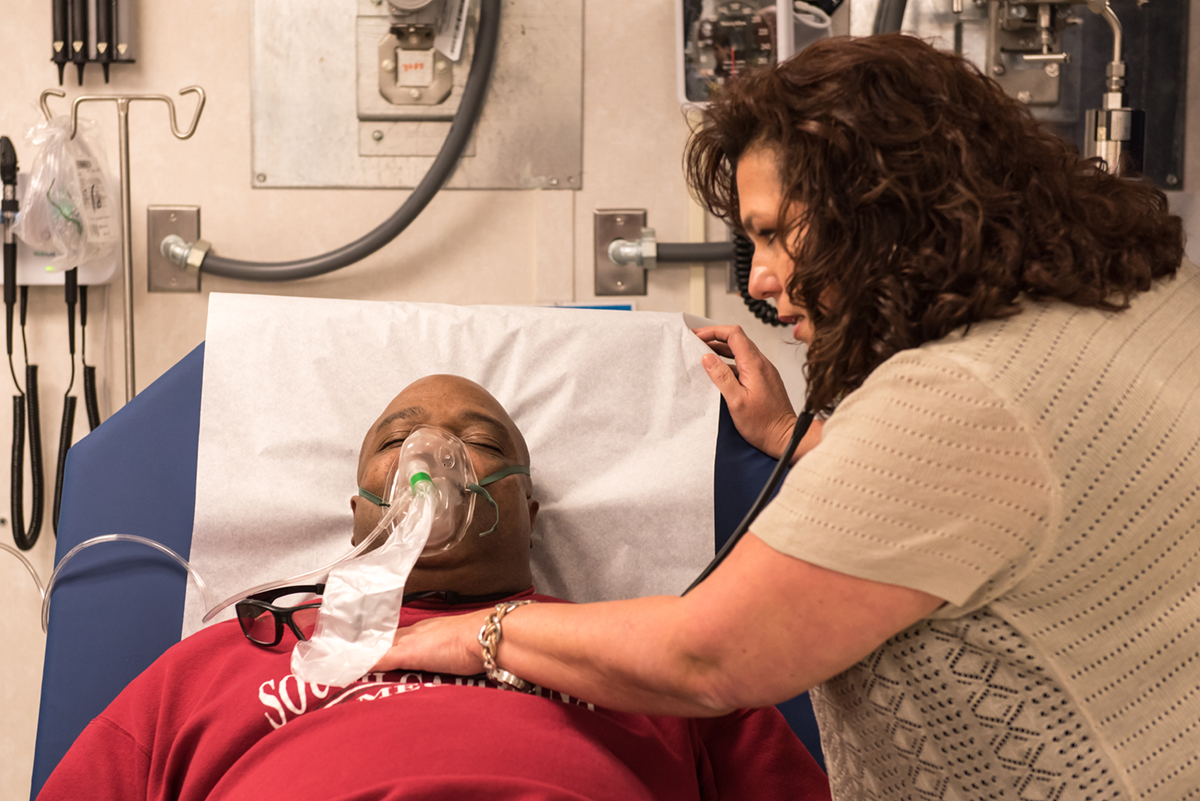
Shortness of Breath - Introduction
Shortness of breath is a breathing difficulty in which a person struggles to inhale sufficient amount of air. This is a symptom of many respiratory and certain heart conditions and it can be very frightening. Once it occurs the person tends to panic and only cause the symptom to become more intensive.
Shortness of breath is medically known as dyspnea. The person who experiences shortness of breath usually complains about accompanying symptoms such as rapid breathing and feeling of being unable to speak. The patients are in a characteristic sitting position and their hands are placed on their knees. Furthermore, in severe cases of shortness of breath there is noticeable moving of the neck and chest muscles which are trying to help the lungs to inhale desirable amount of air.
Shortness of breath may be acute or chronic. Acute shortness of breath typically accompanies acute respiratory infections, asthma and certain allergies. On the other hand, chronic illnesses such as emphysema or chronic obstructive bronchitis cause chronic shortness of breath.
Causes of Shortness of Breath
In majority of cases shortness of breath is a characteristic of respiratory conditions and lung diseases. They include asthma, bronchitis, COPD, croup, emphysema, histoplasmosis, hyperventilation, interstitial lung disease, lung cancer, pleural effusion, pleurisy, pneumonia, pneumothorax, pulmonary edema or embolism, pulmonary fibrosis or hypertension, sarcoidosis, and tuberculosis.
Furthermore, shortness of breath may be also one of the symptoms of certain heart conditions such as cardiomyopathy, arrhythmia, heart attack, heart failure and pericarditis.
There are also many diseases of other organs and organ systems which may feature with shortness of breath. They include acute kidney failure, anaphylaxis, anemia, broken ribs, epiglottitis, Guillain- Barre syndrome, obesity, myasthenia gravis and several more neurological disorders.
People who are not engaged in routine physical activity, those out of condition as well as people who are participating in extremely strenuous activities suffer from transitory shortness of breath. And finally, even certain psychological and psychiatric conditions such as generalized anxiety disorder, panic attacks etc. may feature with shortness of breath.
Treatment for Shortness of Breath
The specific shortness of breath treatment depends on the underlying cause. Additional help can be obtained from certain maneuvers and lifestyle changes. Shortness of breath after strenuous activity comes to normal after the person rests. Panicking because one cannot inhale proper amount of air is not recommended since it leads to worsening of the condition. Avoiding certain irritants such as cigarette smoke or environmental pollutants may be effective enough in prevention of shortness of breath.





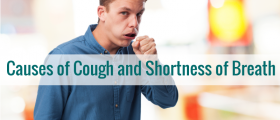



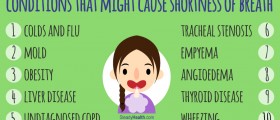

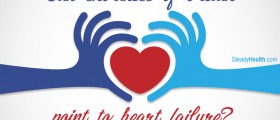
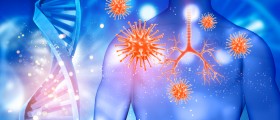




Your thoughts on this
Loading...